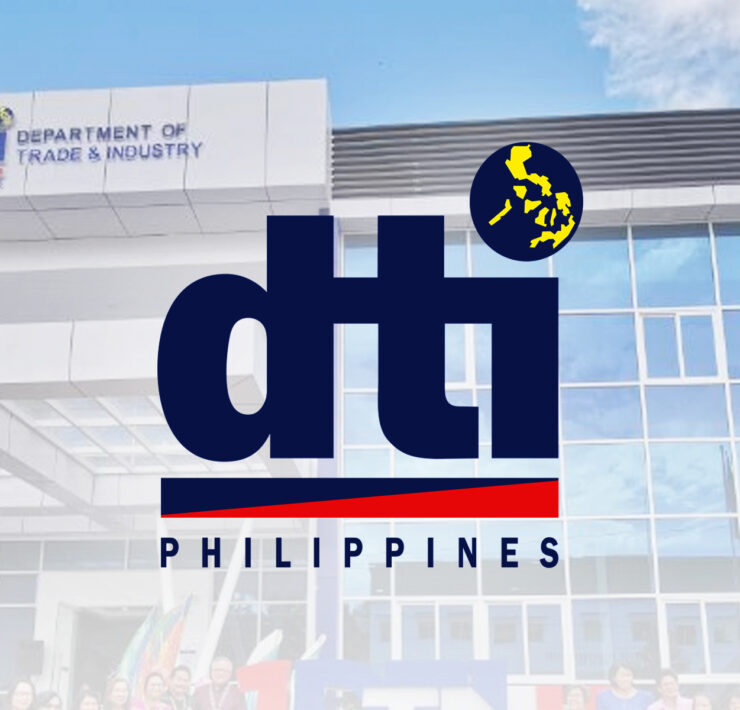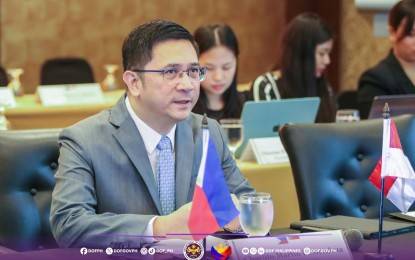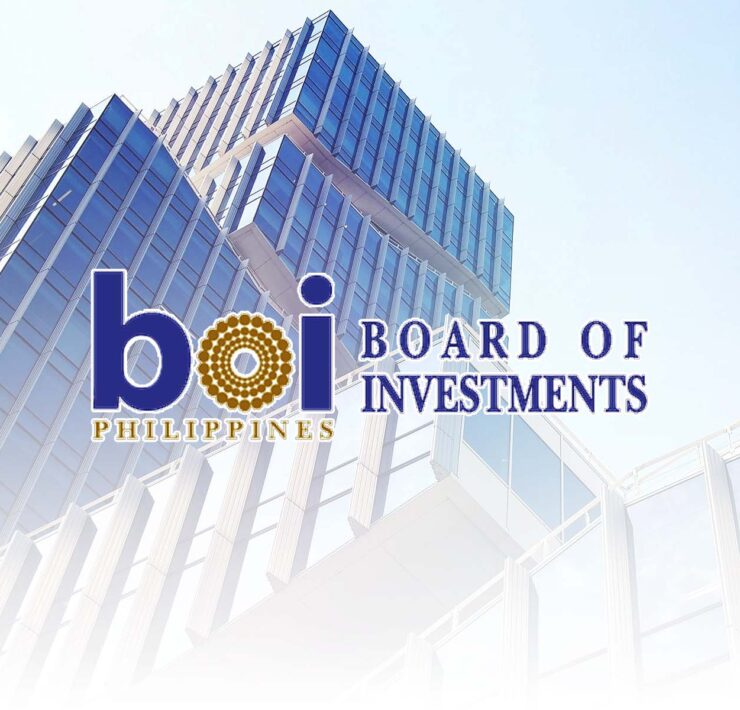BIR simplifies business registration requirements

The Bureau of Internal Revenue (BIR) is streamlining the documentary requirements for business registration. This is intended to cut red tape and spare applicants from delays or outright rejection.
Revenue Memorandum Circular 74-2025 issued on July 18 updated the checklist to align with the implementing rules and regulations of Republic Act No. 11032. The law is also known as the Ease of Doing Business and Efficient Government Delivery Act of 2018.
The changes, which took effect on Aug. 1, simplified the checklist to avoid confusions that had complicated the process of opening a business for many taxpayers. Earlier, BIR Commissioner Romeo Lumagui Jr. noted that the agency had already scrapped the mayor’s permit from the list of requirements.
Lumagui also clarified that taxpayers transacting with the BIR through an authorized representative must provide an original or wet signature.
For one-person corporations, applications filed by a representative must include a written resolution naming the representative and specifying the scope of the authority granted. The rule does not apply if the incorporator or sole stockholder personally files the application.
The bureau added that a special power of attorney may not be submitted in place of a written resolution, since a one-person corporation is a juridical entity distinct from its owner.
Also, a Secretary’s Certificate must be signed by the duly appointed corporate secretary, not an assistant corporate secretary.
Business registration with the BIR is free, but applicants must pay a documentary stamp tax of P30.
“The BIR shall only process applications or requests with complete documentary requirements and shall not process deficient or incomplete applications or requests,” the memo said.
In a business and investment climate report released last year, the World Bank said the Philippines had made “strong” progress in cutting red tape. However, public services and regulatory compliance still lag in ways that could deter investors. The Philippines scored 70.68 out of 100 for its regulatory framework, which measures how firms open, operate, expand and close.
Such a score placed the country in the second quintile, alongside economies such as Singapore and Hong Kong. These are nations that the World Bank said show strong performance but still have room to improve their regulations.





















